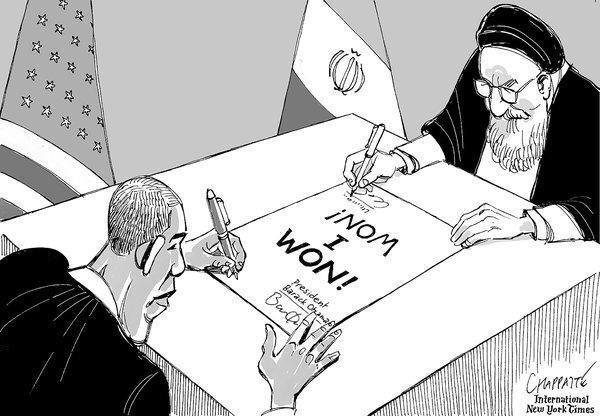The new “World Wealth Report” for 2015 was released last week fromCap Gemini and RBC Wealth Management. The focus is on the population of high net worth individuals, or HNWIs as the report calls them. The report, based on a survey of more than 5,100 wealthy people in 23 major markets, is packed with fascinating data and graphics.
You are probably familiar with some of the key themes and findings:
• Tremendous amounts of wealth have been accumulated during the past five years.
• Much of this wealth is concentrated in the top 1 percent; and a large share of that wealth is concentrated in the top 1 percent of the 1 percent.
• The very wealthy have a disproportionate impact on policy, investing and the economy.
No big surprises there. However, some of the specific data points were intriguing:
– The global HNWI population is 14.65 million, with total wealth of $56.4 trillion.
– The U.S. HNWI population is 4.68 million, with total wealth of $16.23 trillion.
– The U.S. as a region is ranked first for HNWI wealth and second for HNWI population, behind the Asia-Pacific region.
Here are a few other points worth considering:
Continues here: How Rich Are the Rich?

 Sun Tzu, known for his treatise
Sun Tzu, known for his treatise 




 Becoming the perfect trader is no easy task, and I daresay that nobody has been able to achieve this great feat. The perfect trader buys at the absolute low of the day and sells at the absolute high. And depending on whether the high happens first or the low happens first determines if he is long or short for the day. It’s really easy to calculate this metric. It is simply the absolute value of the daily range or the high minus the low.
Becoming the perfect trader is no easy task, and I daresay that nobody has been able to achieve this great feat. The perfect trader buys at the absolute low of the day and sells at the absolute high. And depending on whether the high happens first or the low happens first determines if he is long or short for the day. It’s really easy to calculate this metric. It is simply the absolute value of the daily range or the high minus the low.
